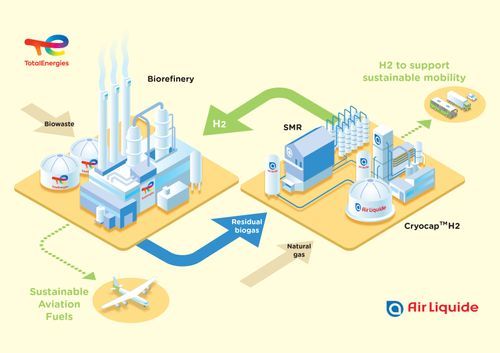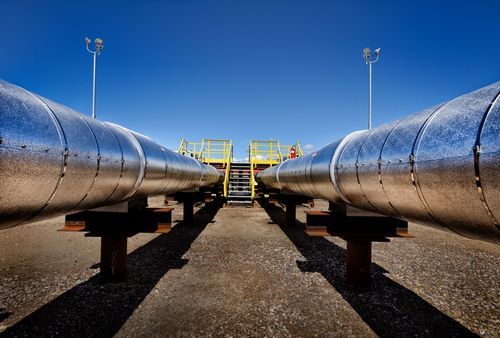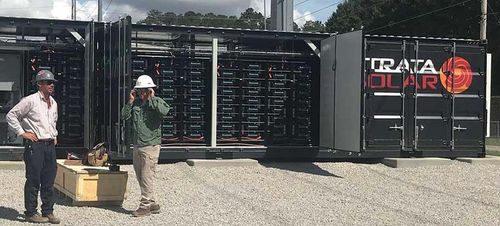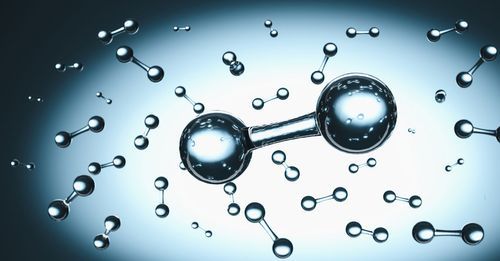Absolut Hydrogen, a French liquid hydrogen and liquefaction company based in Grenoble, is looking for equity to scale up production following operations of their demonstration project in France, CEO Jerome Lacapere said in an interview.
Absolut has a partnership with SAF firm ZeroAvia to develop refueling infrastructure for aircraft, and is primarily focused on serving the mobility sector.
A subsidiary of Groupe Absolut, the company offers a full LH2 product range with an entry small-scale hydrogen liquefaction system (< 50 kg/day), a 100 kg/day Turbo-Brayton based H2 liquefier and a 1T/day liquefier based on the same technology. The company's liquefaction demonstration plant in France should produce 100 kg per day, Lacapere said. After that Absolut will need new investment to scale production. Longer term the company has its sites on the US transport market, Lacapere said. “We need to grow in the United States,” Lacapere said. The company will need US-based advisory services and offices in the country to do that, he said.










